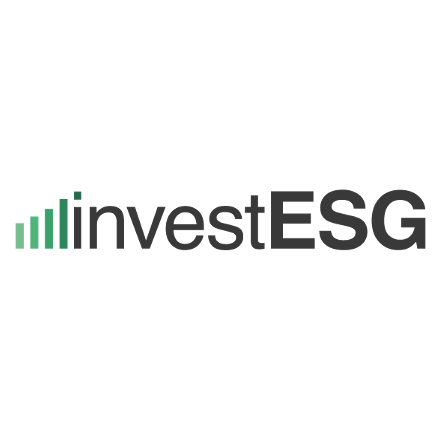INSIGHT by the IFRS


© George Bakos
Jurisdictions representing over half the global economy by gross domestic product (GDP) have announced steps to use the International Sustainability Standards Board’s (ISSB) Standards or to fully align their sustainability disclosure standards with those of the ISSB.A growing number of jurisdictions are moving ahead with or considering measures to ensure global comparability in companies’ climate and other sustainability-related disclosures by relying on the global baseline established by the ISSB Standards.More than 20 jurisdictions have already decided to use or are taking steps to introduce ISSB Standards in their legal or regulatory frameworks. Together, these jurisdictions account for:
- nearly 55% of global GDP;
- more than 40% of global market capitalisation; and
- more than half of global greenhouse gas emissions.
All opinions expressed are those of the author and/or quoted sources. investESG.eu is an independent and neutral platform dedicated to generating debate around ESG investing topics.
Published by
 investESG
investESG
 investESG
investESG

